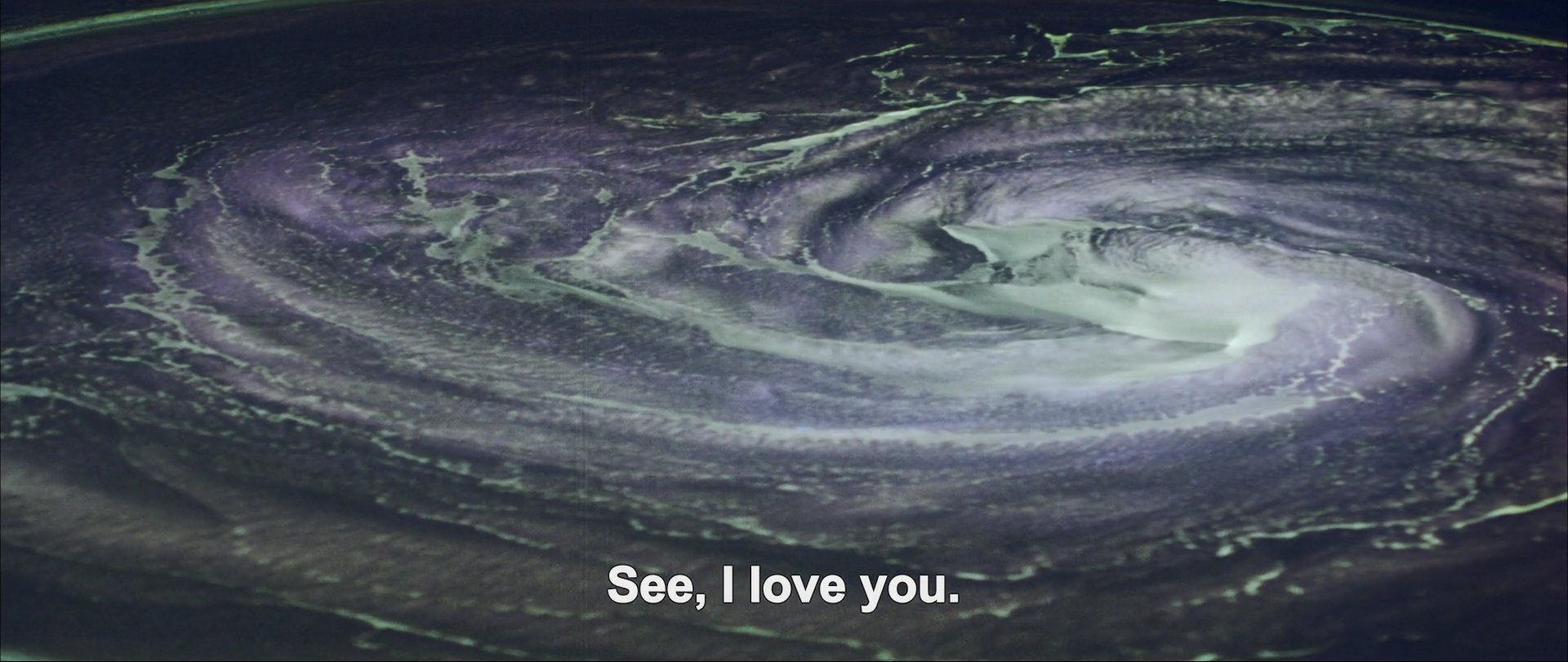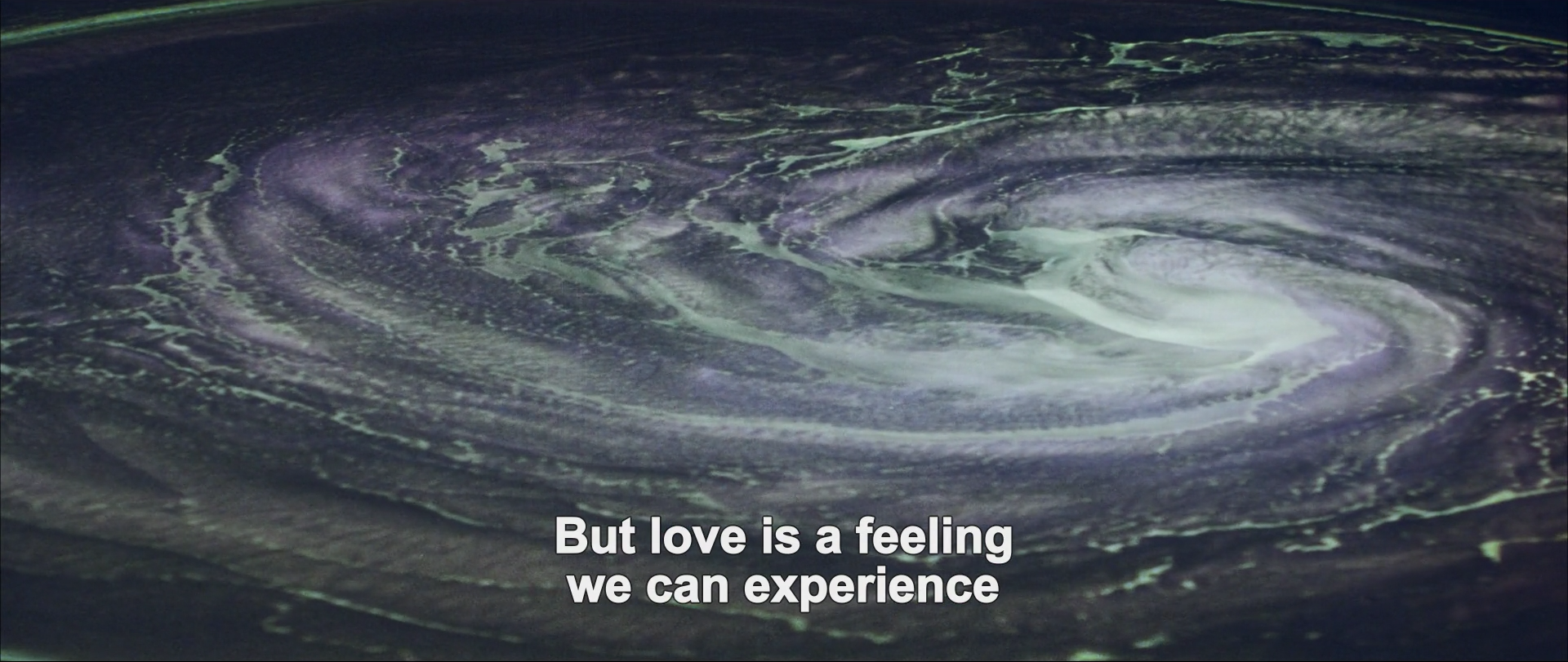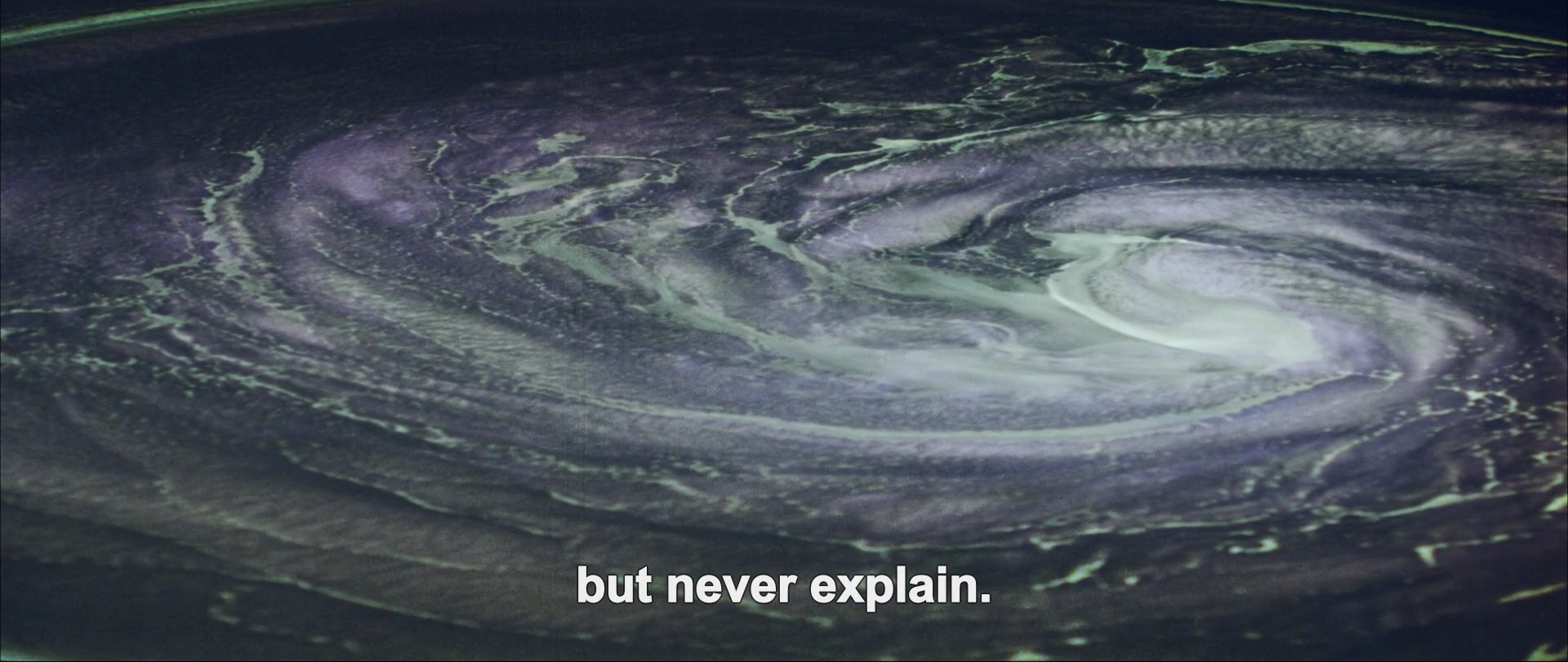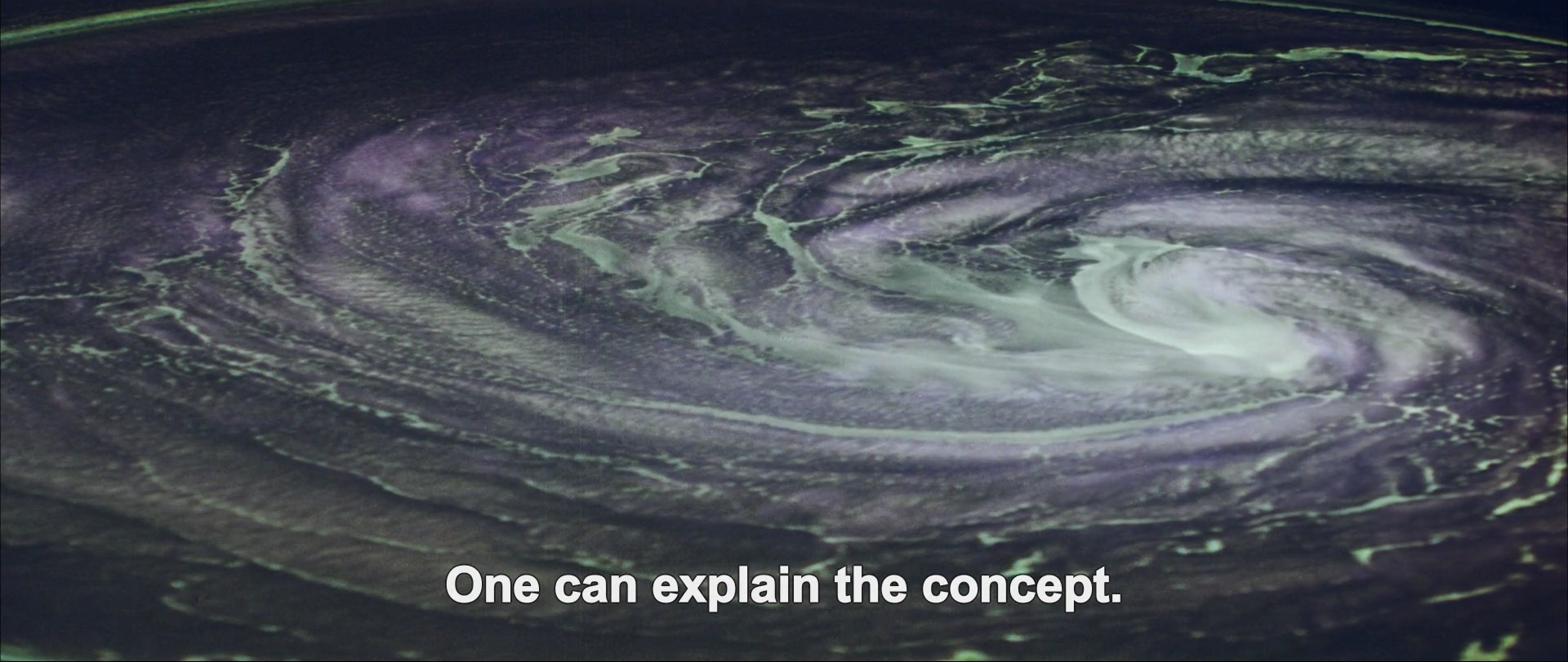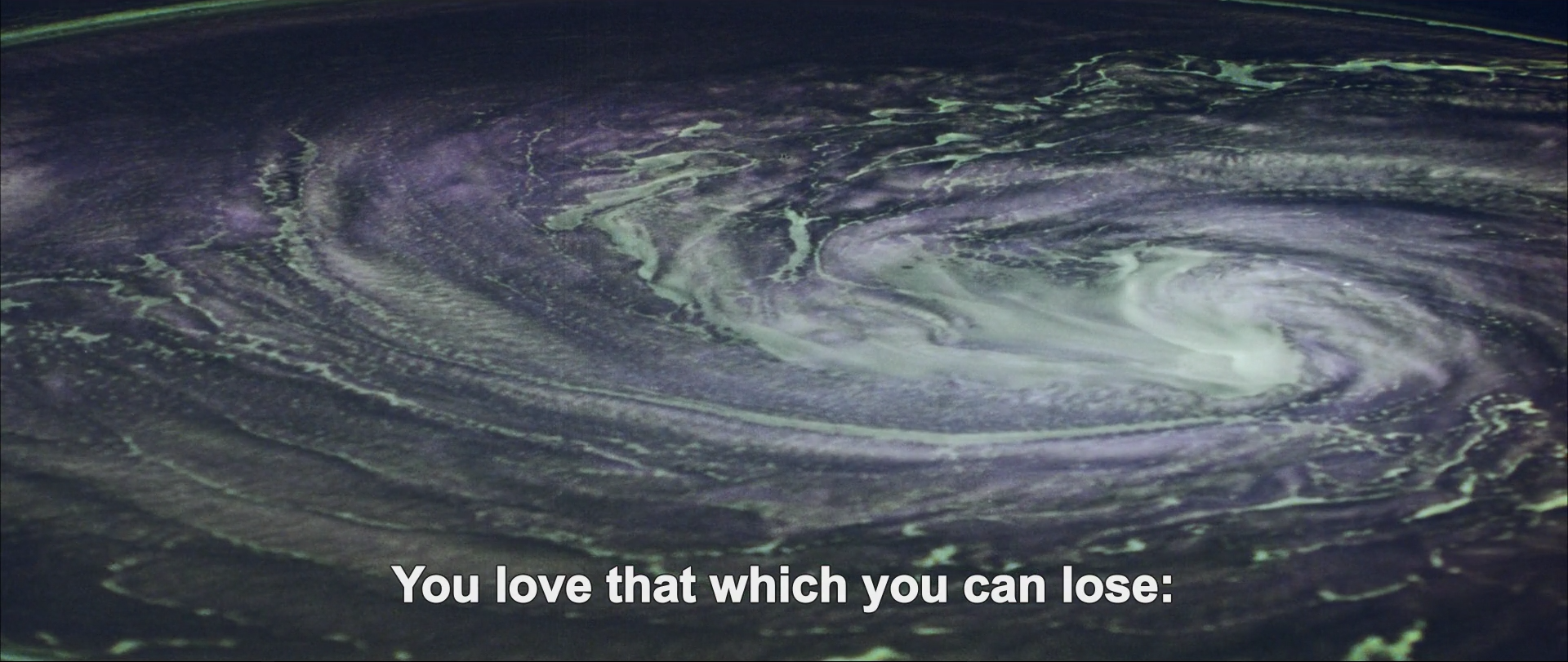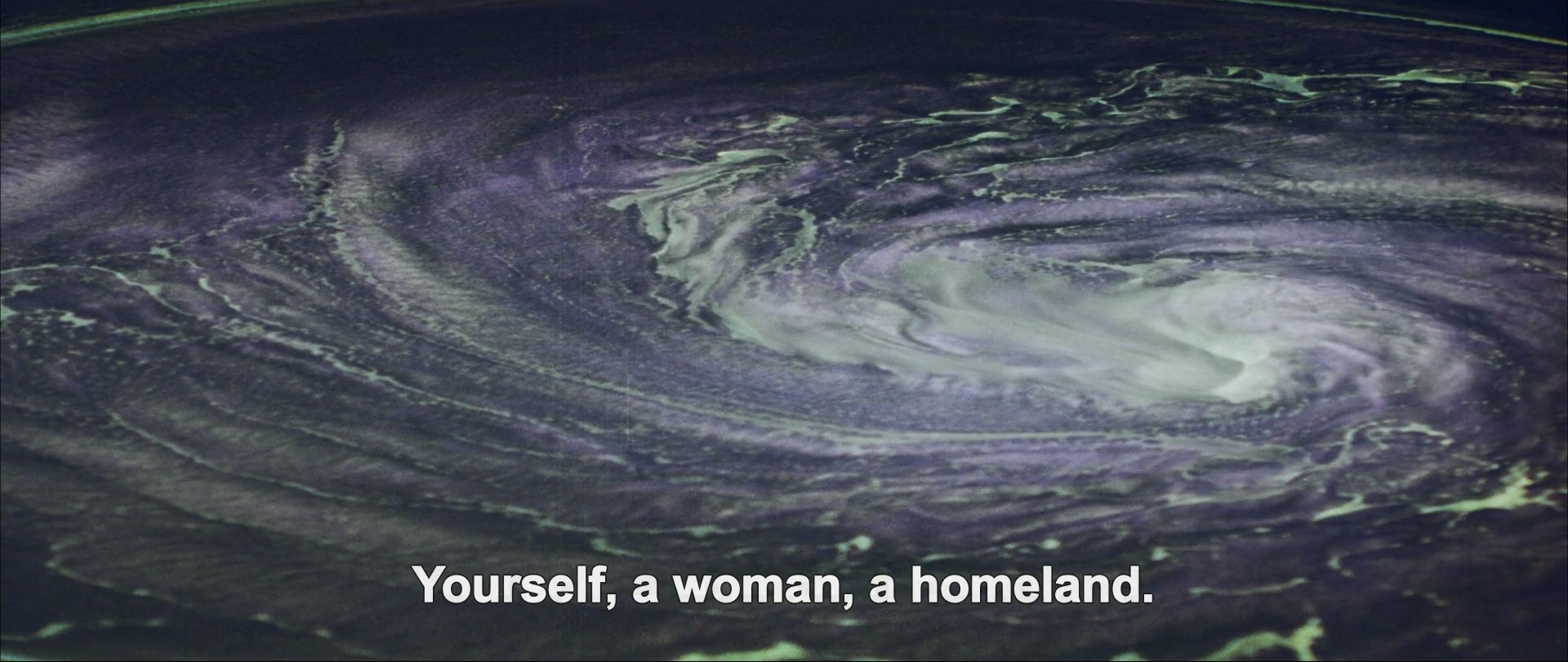Andrei Tarkovsky's Solaris: "But love is a feeling we can experience but never explain."
Solaris, directed by Andrei Tarkovsky, screenplay by Andrei Tarkovsky and Fridrikh Gorenshteyn, cinematography by Vadim Yusov, music by Eduard Artemev, and edit by Lyudmila Feyginova and Nina Marcus.
The key to great filmmaking is how you utilize your cinematic style to absorb the audience into a unique experience that can only be created through the art of cinema. Harmonizing specificity of vision and economy of meaning results in great filmmaking, that is to say your artistic voice plus finely-tuned decision-making in details through a mastery of film language equals a mindful use of your cinematic style. All great films encapsulate the filmmaker’s struggle to express him or herself within the confines of production and his or her feelings of what is and what is not meaningful to the film and the path to implementing what is in the most mindful way to the storytelling of the film.
In Sculpting in Time, Andrei Tarkovsky shares a striking thought on cinema relevant to this philosophy on great filmmaking: “I love cinema. There is still a lot that I don't know: what I am going to work on, what I shall do later, how everything will turn out, whether my work will actually correspond to the principles to which I now adhere, to the system of working hypotheses I put forward. There are too many temptations on every side: stereotypes, preconceptions, commonplaces, artistic ideas other than one's own. And really it's so easy to shoot a scene beautifully, for effect, for acclaim...But you only have to take one step in that direction and you are lost. Cinema should be a means of exploring the most complex problems of our time, as vital as those which for centuries have been the subject of literature, music and painting. It is only a question of searching, each time searching out afresh the path, the channel, to be followed by cinema. I am convinced that for any one of us our filmmaking will turn out to be a fruitless and hopeless affair if we fail to grasp precisely and unequivocally the specific character of cinema, and if we fail to find in ourselves our own key to it.”
